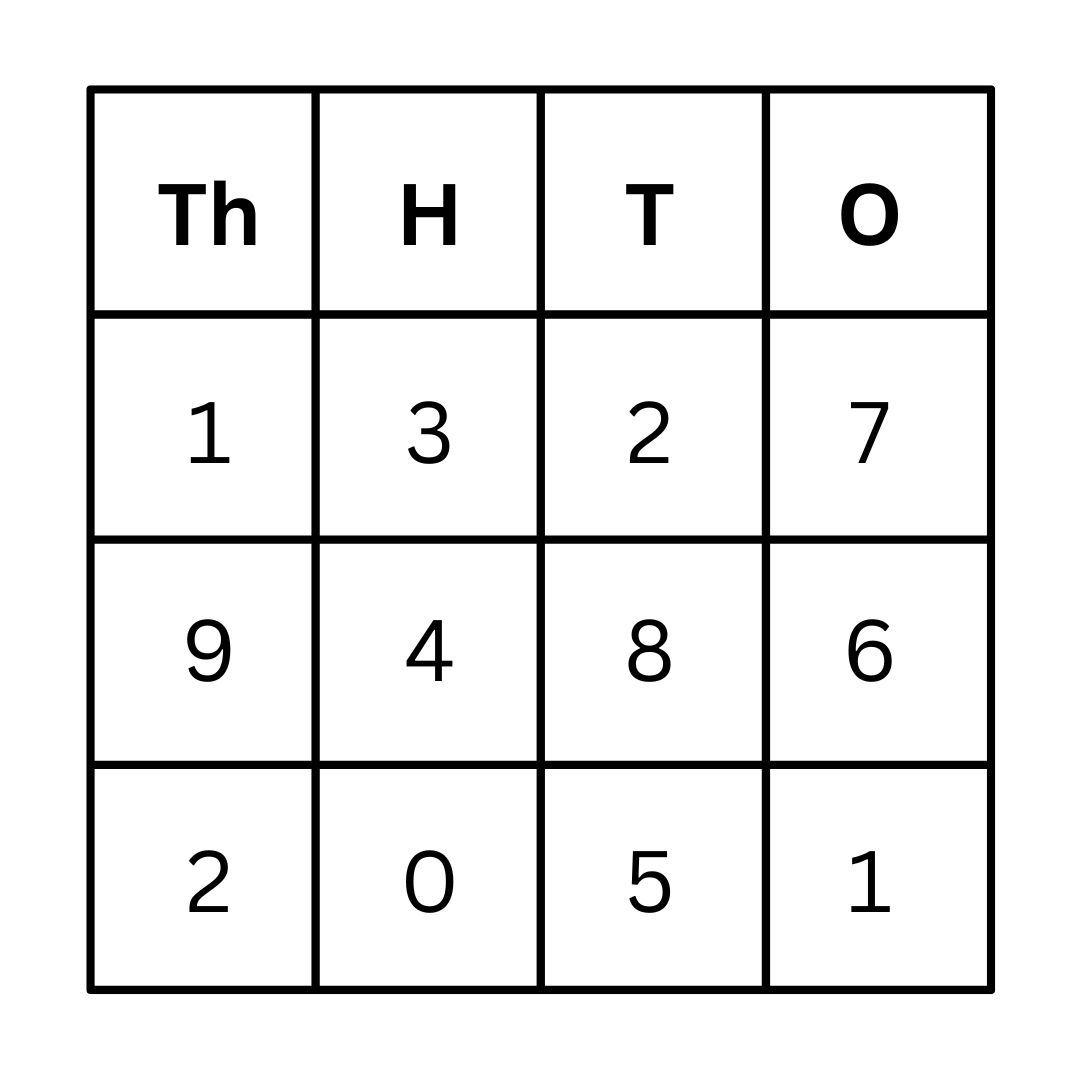


Using Animation Clips to Enhance Literacy
A skilled writer conveys a message that can be accurately interpreted by a reader. Unfortunately, when students write about...
A skilled writer conveys a message that can be accurately interpreted by a reader. Unfortunately, when students write about what they did during their holidays or on the weekend, it is difficult to measure the accuracy of the written...
A skilled writer conveys a message that can be accurately interpreted by a reader. Unfortunately, when students write about what they did during their holidays or on the weekend, it is difficult to measure the accuracy of the written attempt as the context may not be known. Similarly, there are many students who, when asked to write, whether in the classroom or clinic, are reluctant to put pen to paper as they struggle to generate ideas. Fortunately, we know that a retell or recount can provide insight into a student’s language skills and when they write it down, it provides additional information about sentence structure, vocabulary and word meaning as well as their ability to sequence ideas into a cohesive text. Using video can be highly engaging, it can be paused and restarted to scaffold the writing task and the reader has a reference point against which they can compare the response to identify areas of strength and weakness. Furthermore, a written recount from an animated video is a task that can be administered with a whole class, providing an effective and efficient way to collect a piece of written text from a whole class during a single lesson. Join Kathryn to explore the classroom and clinic application of using animation clips to support comprehension and writing skills including practical easy to implement strategies to scaffold the success of students requiring additional support.
Fact Fluency: The What, Why and How
In this session, Dr Angela Rogers shares the importance of developing a strategic and targeted approach to mathematics fact...
In this session, Dr Angela Rogers shares the importance of developing a strategic and targeted approach to mathematics fact fluency with all students. She will start by exploring the research that underpins fluency development. Angela will explore its place...
In this session, Dr Angela Rogers shares the importance of developing a strategic and targeted approach to mathematics fact fluency with all students. She will start by exploring the research that underpins fluency development. Angela will explore its place in the curriculum and the impact a concentrated approach can have on student confidence, motivation and achievement in mathematics. You will walk away from this session with insights and practical ideas that will support you in implementing a research-informed approach towards fluency development with your students.

Response to Intervention in Maths – Learnings from the Field
This session will cover the journey of establishing an evidence-based Maths Intervention Program within a government primary school context....
This session will cover the journey of establishing an evidence-based Maths Intervention Program within a government primary school context. Useful for school leaders, teachers, intervention teachers and education support staff, Brydon will share her learnings about what works (and...
This session will cover the journey of establishing an evidence-based Maths Intervention Program within a government primary school context. Useful for school leaders, teachers, intervention teachers and education support staff, Brydon will share her learnings about what works (and what doesn't!) in setting up data-driven systems of support, all underpinned by the theoretical frameworks of Response to Intervention (RtI), Cognitive Load Theory, Explicit Direct Instruction and Direct Instruction.

How Leading Countries Teach Mathematics
Embarking on a Churchill Fellowship in 2023 to investigate best practices in mathematics teaching at a primary school level,...
Embarking on a Churchill Fellowship in 2023 to investigate best practices in mathematics teaching at a primary school level, Liana visited 6 countries in 7 weeks: Singapore, Japan, Finland, Estonia, Canada, USA. The presentation focuses on her experiences and...
Embarking on a Churchill Fellowship in 2023 to investigate best practices in mathematics teaching at a primary school level, Liana visited 6 countries in 7 weeks: Singapore, Japan, Finland, Estonia, Canada, USA. The presentation focuses on her experiences and looks at the commonalities and differences between primary mathematics education in Australia and abroad.

Word Problems? No Problem!
Setting up and solving word problems is tricky for many students! In this session, we will review effective word-problem...
Setting up and solving word problems is tricky for many students! In this session, we will review effective word-problem strategies. First, we'll highlight common attack strategies which provide students with a process for approaching word problems. Then, we'll provide...
Setting up and solving word problems is tricky for many students! In this session, we will review effective word-problem strategies. First, we'll highlight common attack strategies which provide students with a process for approaching word problems. Then, we'll provide examples of common schemas featured in many word problems. These schemas represent the conceptual foundation of a word problem. When students use an attack strategy combined with schemas, this approach can make word-problem solving more accessible for students.




